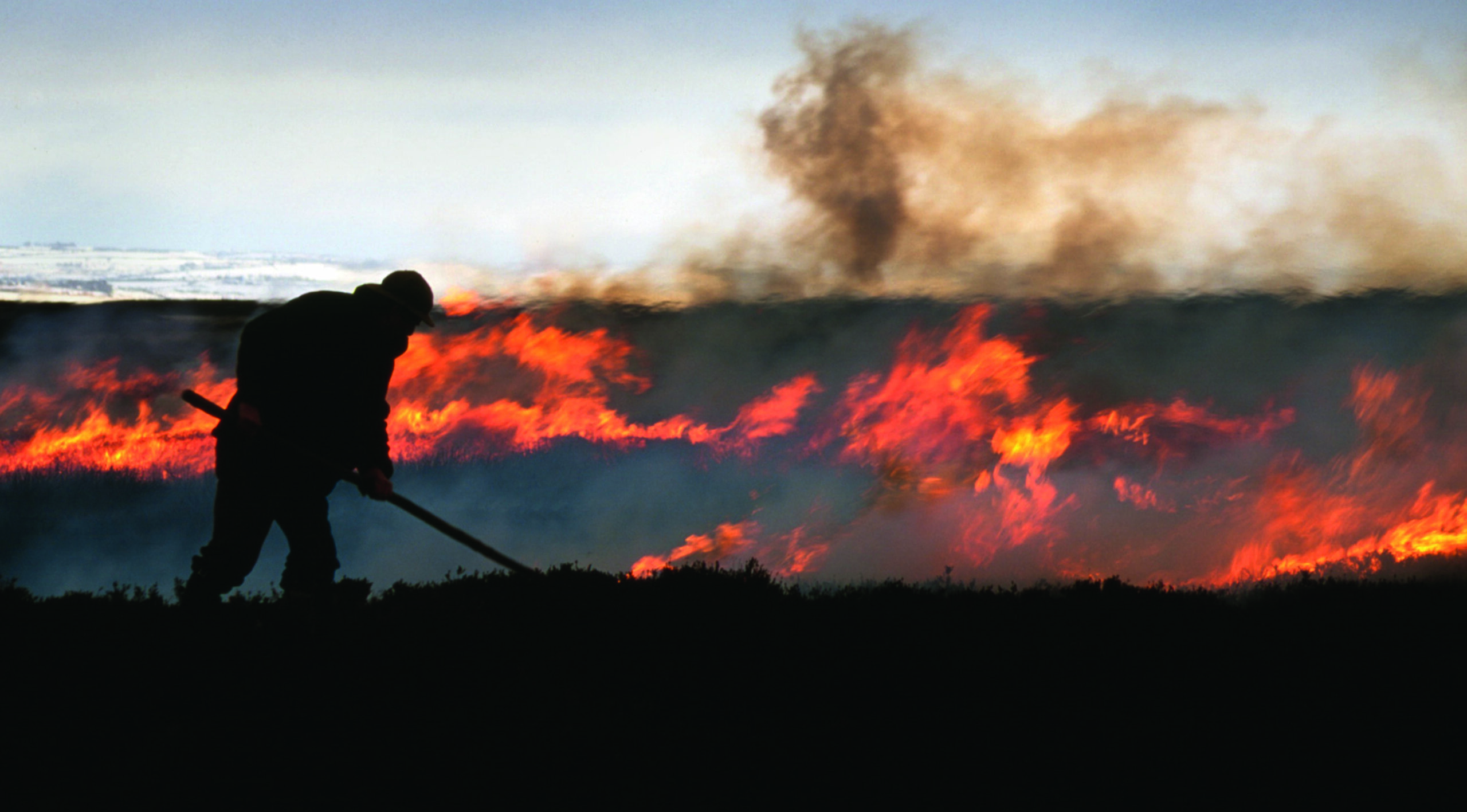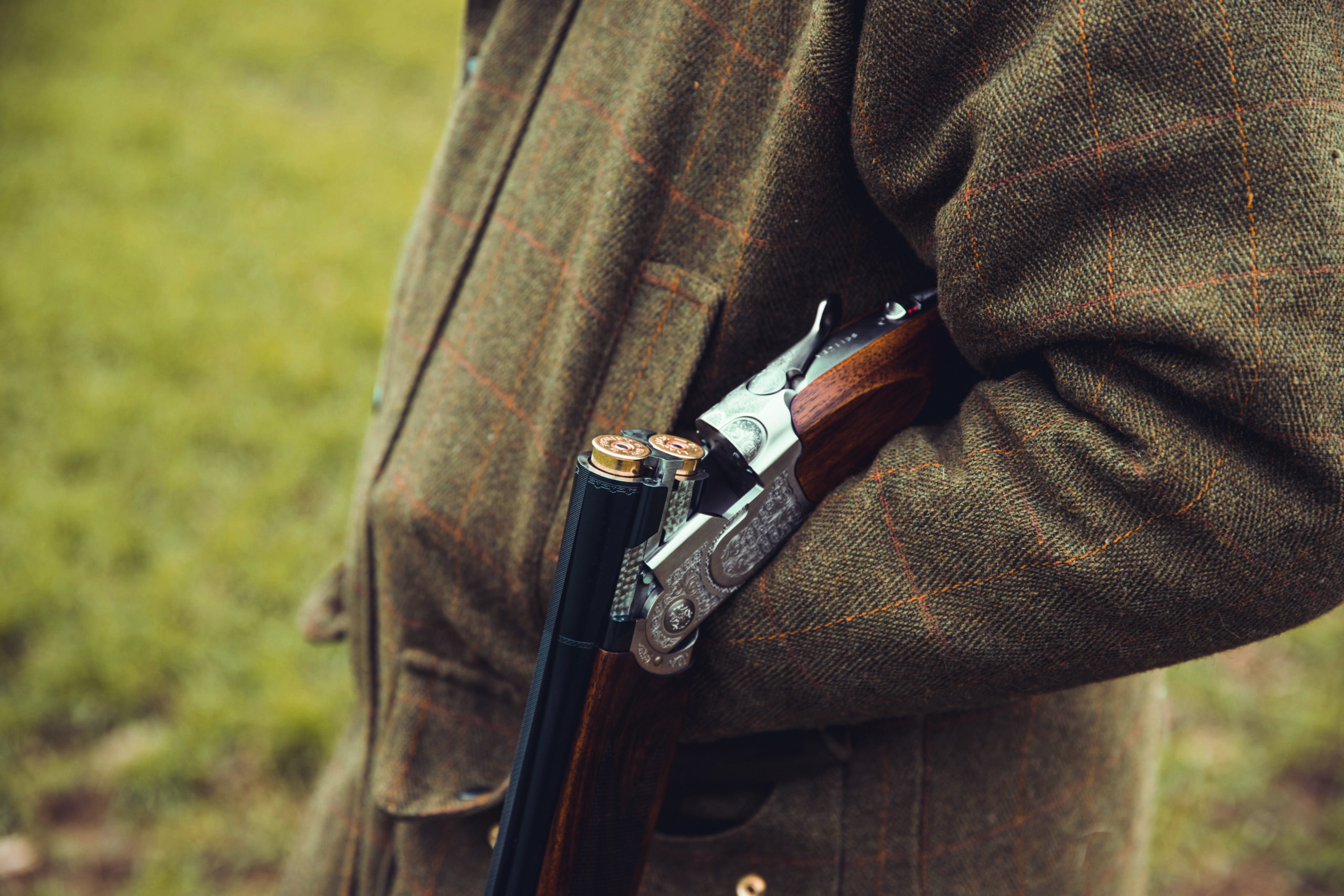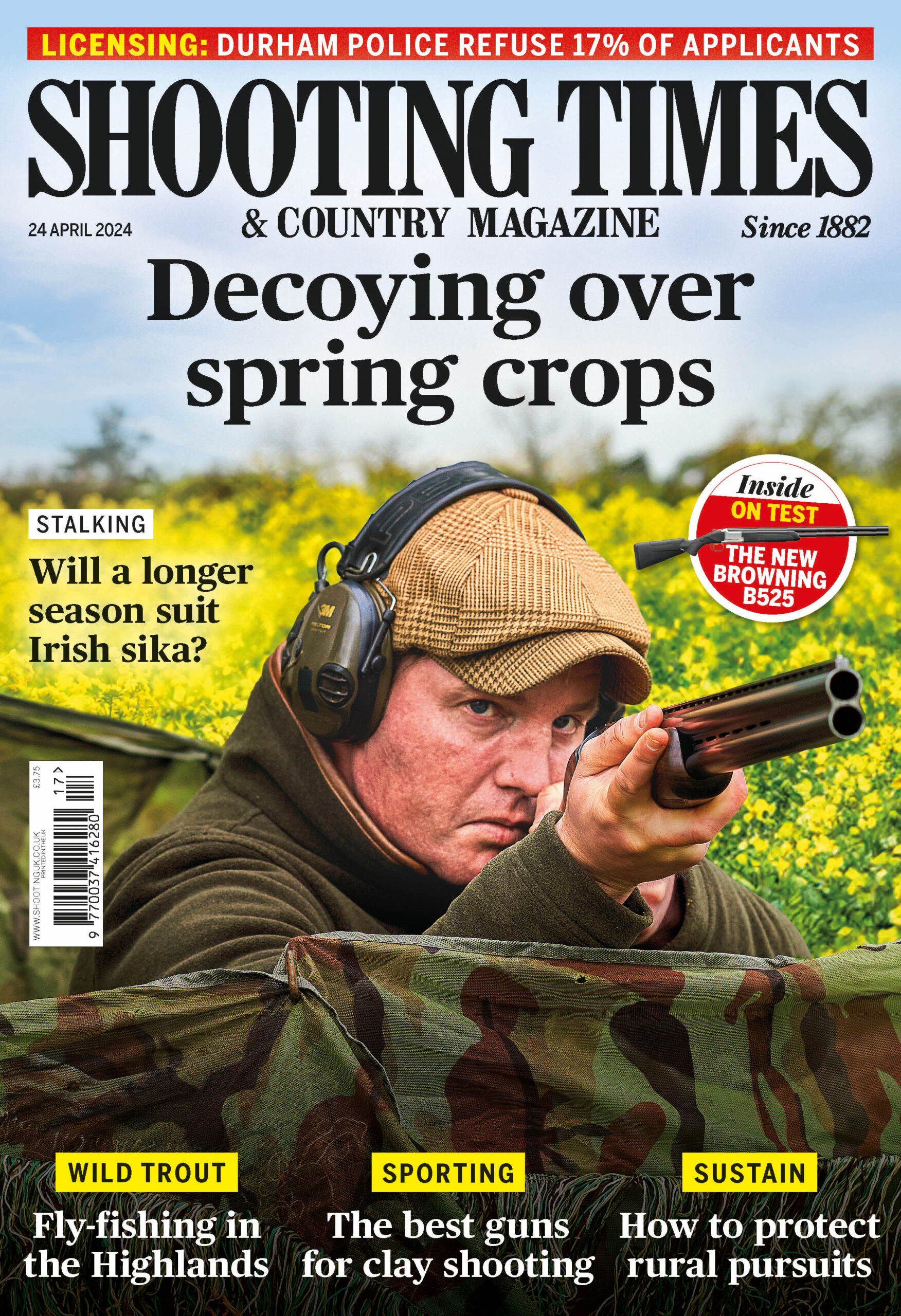BASC aims for 10-year ticket
Shotgun and firearm certificates could be valid for 10 years, rather than the current five, if a proposal by the British Association for Shooting and Conservation (BASC) is adopted.
Presented to the Government recently, BASC?s proposal seeks to improve enforcement, boost public safety and cut the administrative burden and cost for police forces.
The Department for Business, Innovation and Skills received the shooting association?s proposal as part of its ?focus on enforcement? initiative. The initiative, launched last year, aims to identify ways to improve enforcement of Government regulation with a particular focus on reducing bureaucratic burdens and expenditure.
BASC chief executive Richard Ali told Shooting Times: ?Extending the life of a firearm certificate from five to 10 years would reduce the administrative and cost burden on the police, allowing them to target their resources better and result in improved protection of public safety.
?The Association of Chief Police Officers (ACPO) argued for the extension of a certificate from three to five years. This was introduced in 1995, on the basis that it would improve public safety while reducing bureaucracy. Extending a certificate to 10 years would allow the police to focus on checking on potential problem cases rather than being caught in an endless whirl of bureaucracy.?
Mr Ali pointed to the significant advances in police databases, intelligence gathering and reporting that have been developed since the life of a certificate was extended from three to five years. ?The police now receive notification of any individual certificate holder who comes to their attention and can quickly act to revoke a certificate or remove firearms as necessary,? he said, adding that, thanks to its full-time firearms department, BASC is well-positioned to offer an opinion on the management of firearms licensing across the UK. The association currently deals with 500 calls every month relating to certificate applicants and holders.
Of nearly 800,000 certificates on issue in England, Scotland and Wales, fewer than one per cent are revoked each year, which reinforces the point that certifi cate holders have to be law-abiding people.
Mr Ali pointed to the overriding purposes of firearms licensing, which are the need to protect public safety and the need to allow continued lawful use of firearms. He said: ?Shooting is integral to life in Britain. It is essential to conservation. People who shoot spend a quarter of a million pounds from their own pockets every year on conservation work. Shooting brings income to local economies and contributes to food safety and security by protecting crops and livestock from pests and predators.
?It?s vital that the administration of the licensing system is managed properly, that police costs are kept down and that no excessive financial burden is placed on individual certificate holders.?
He added: ?Our proposal for a 10-year certificate would meet all of these requirements, driving down costs and making administration more streamlined, while allowing the police to concentrate on effective monitoring and enforcement. It is for these reasons that we have made our submission to the Government.?








